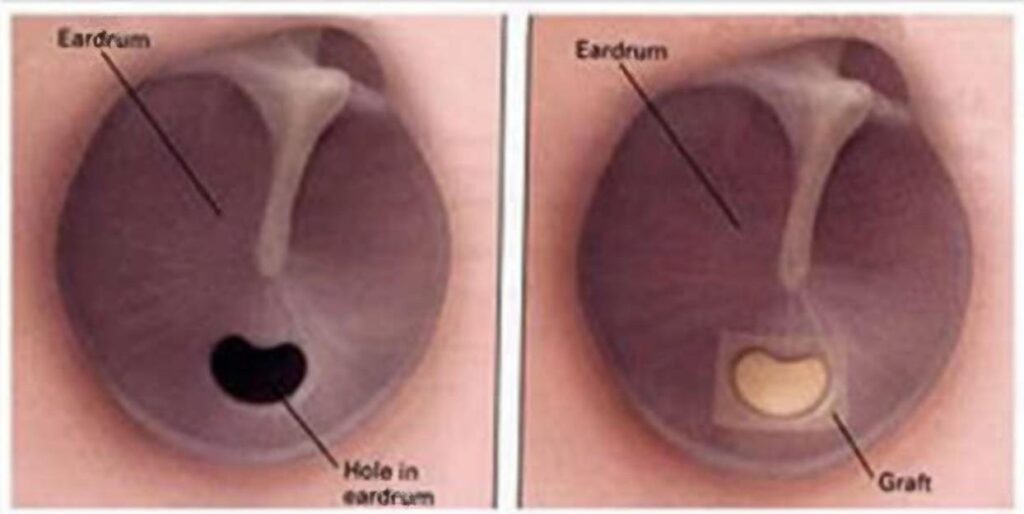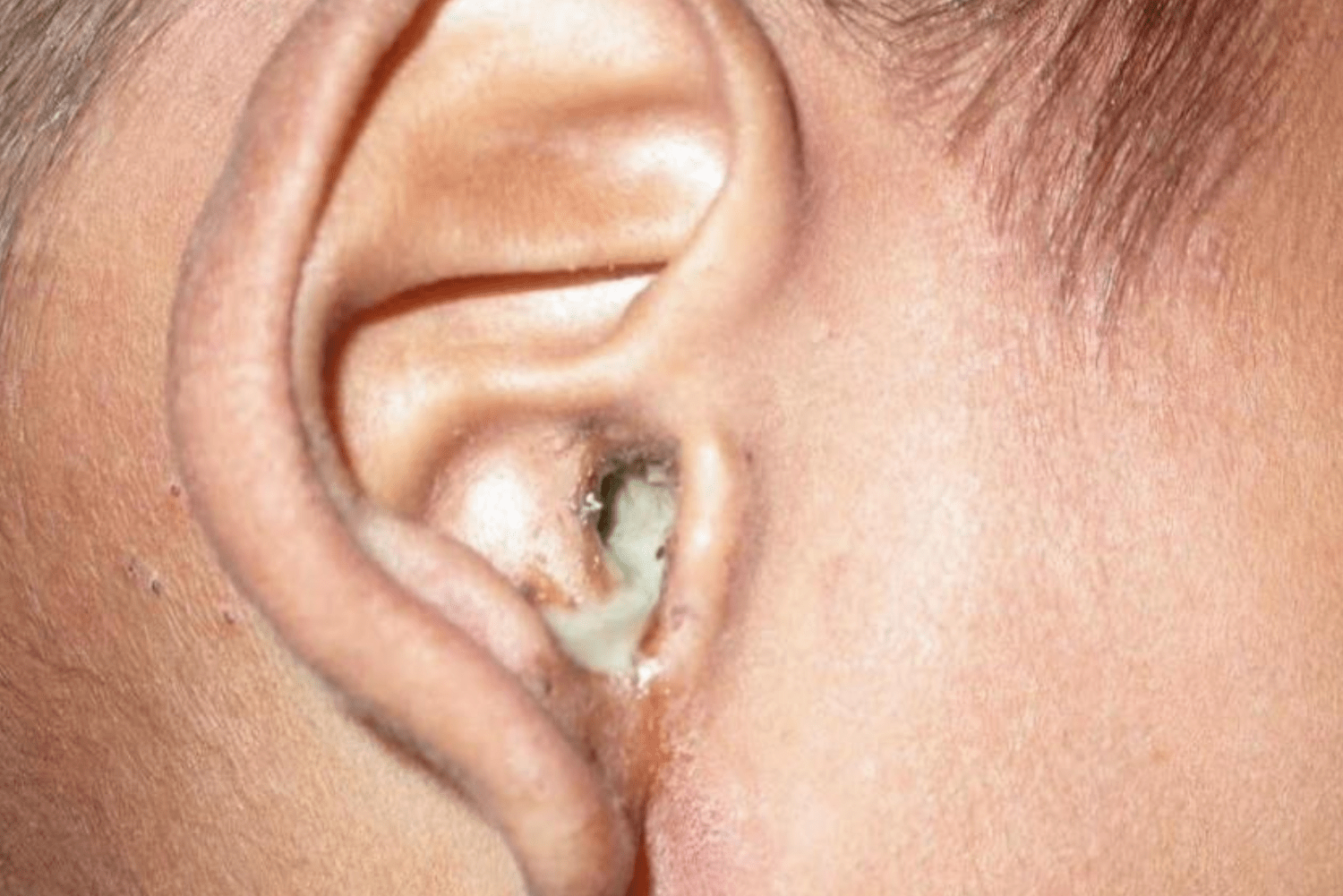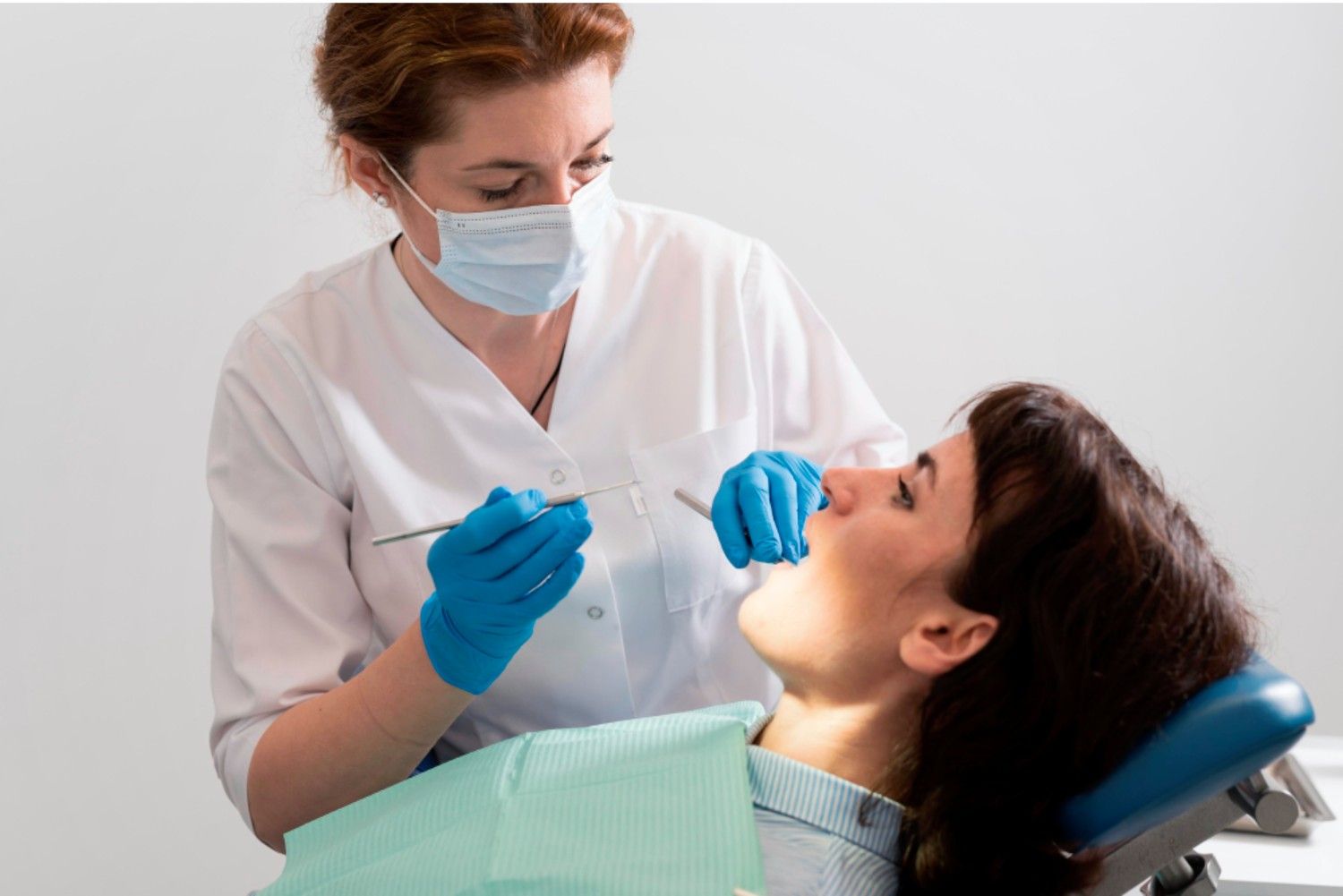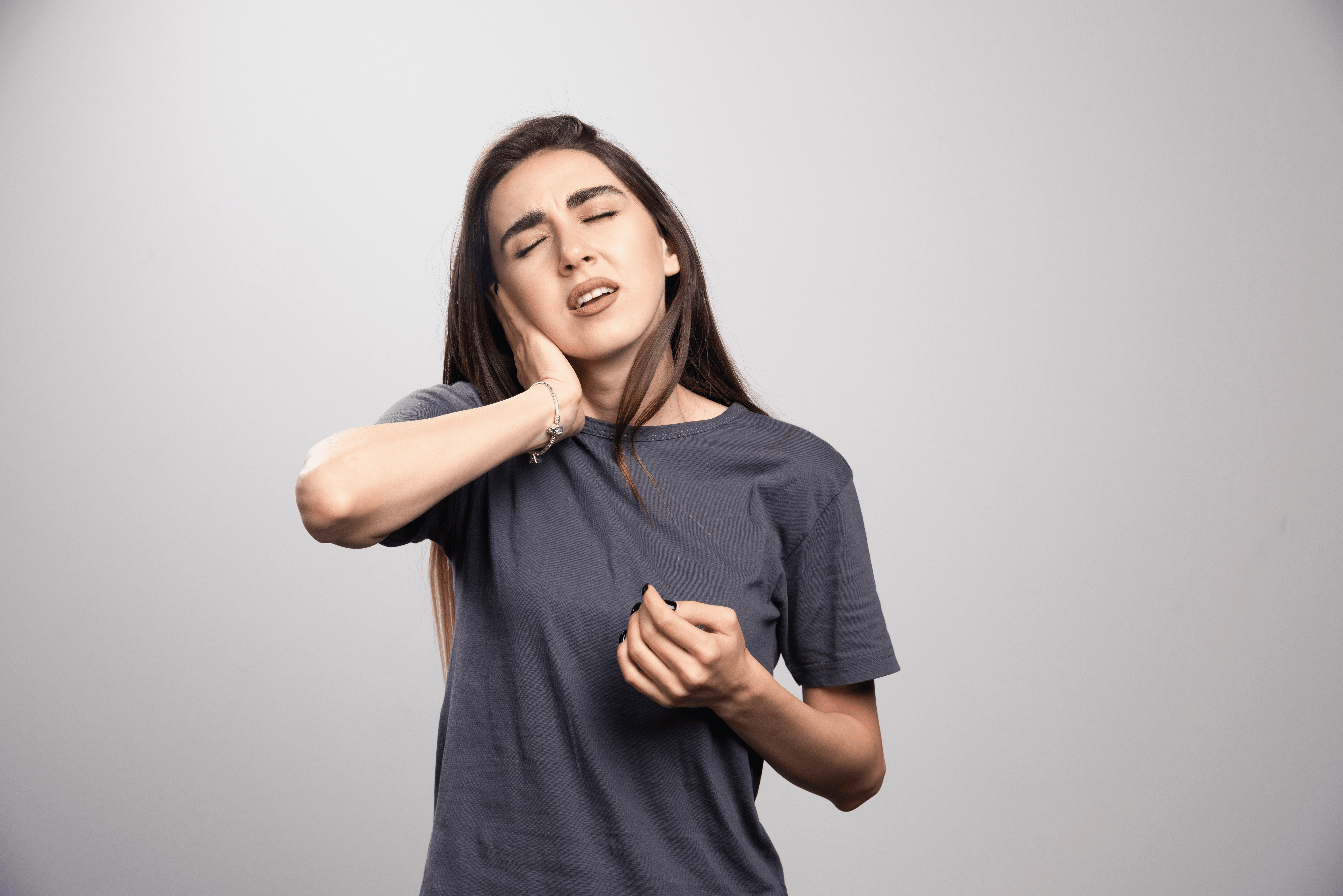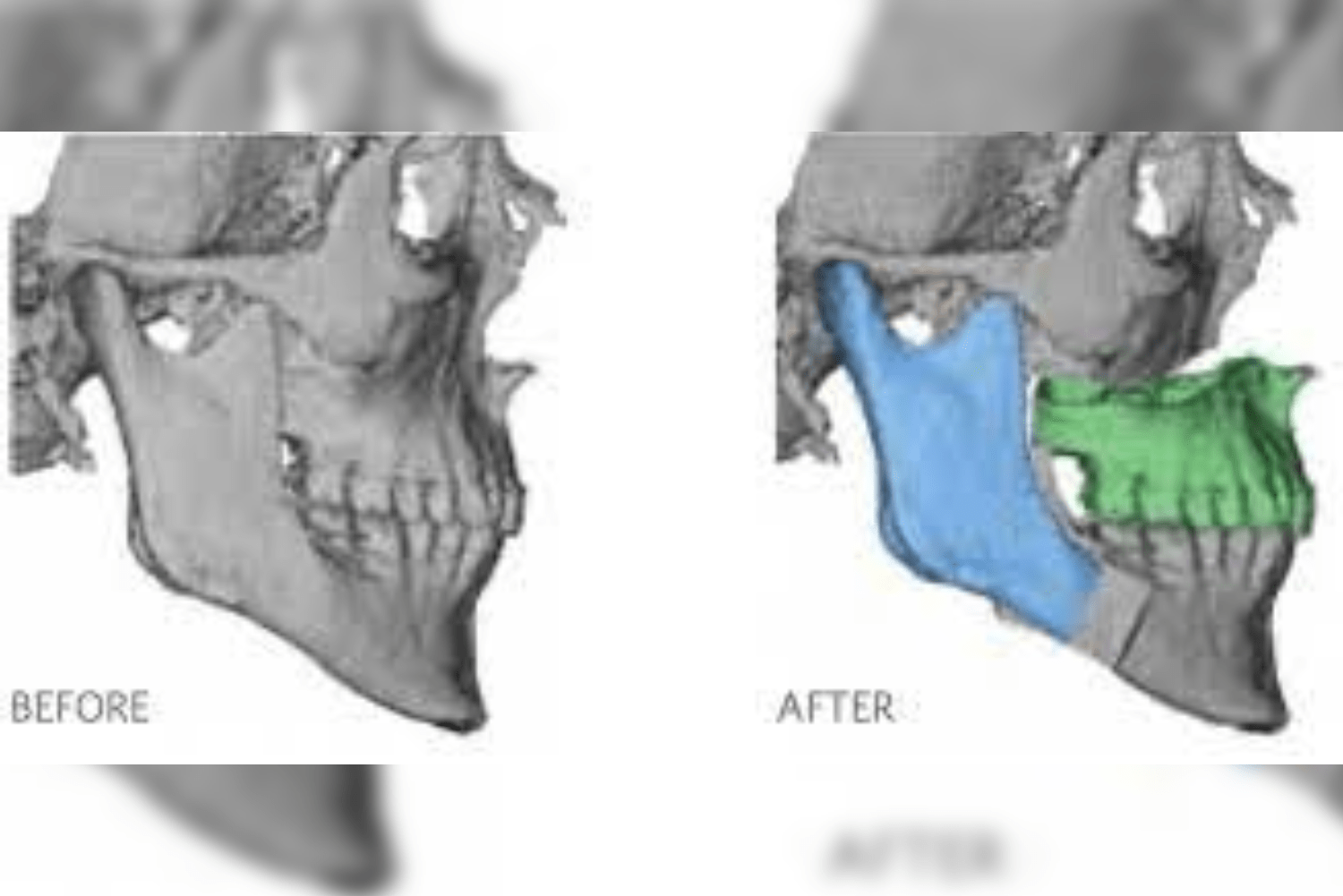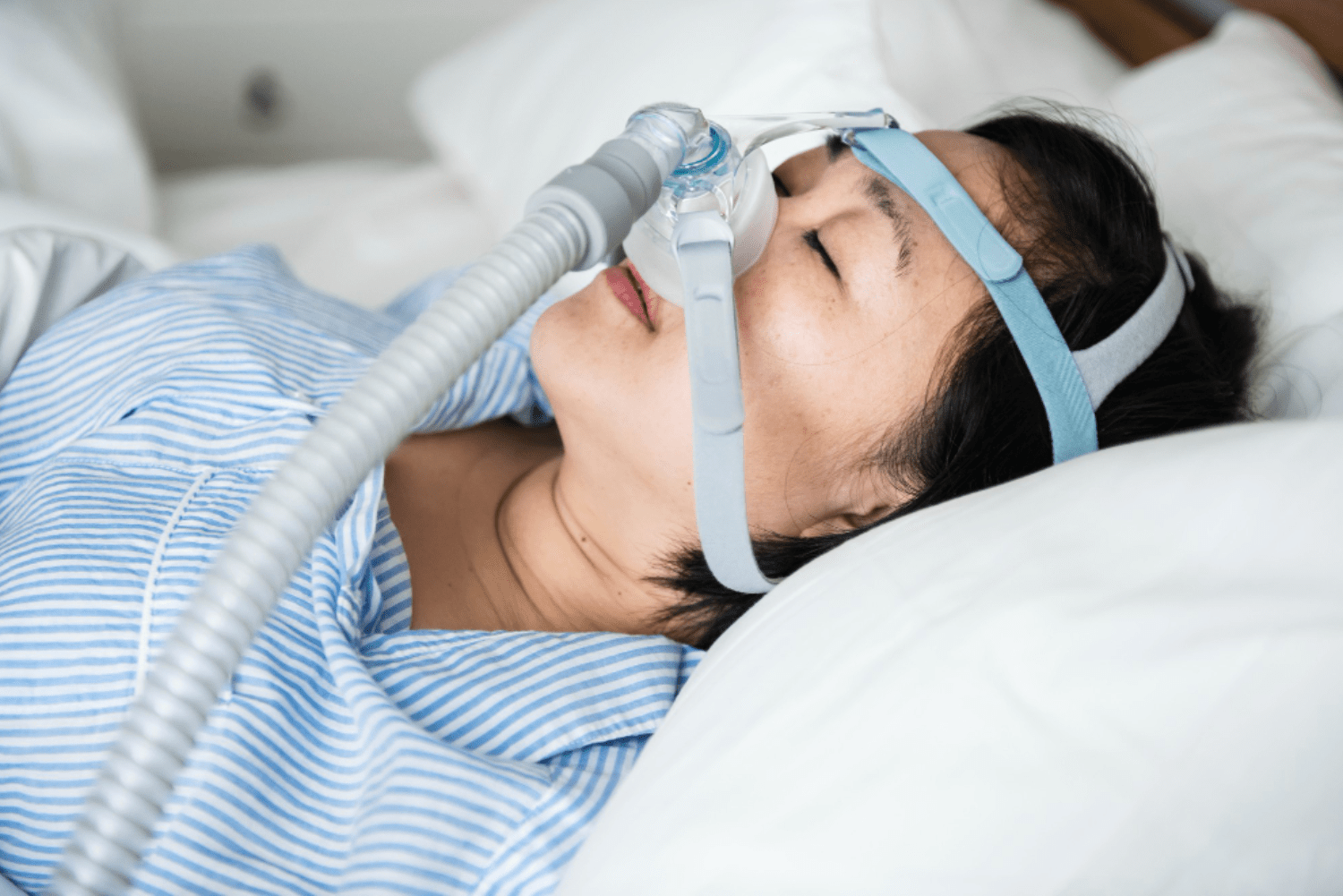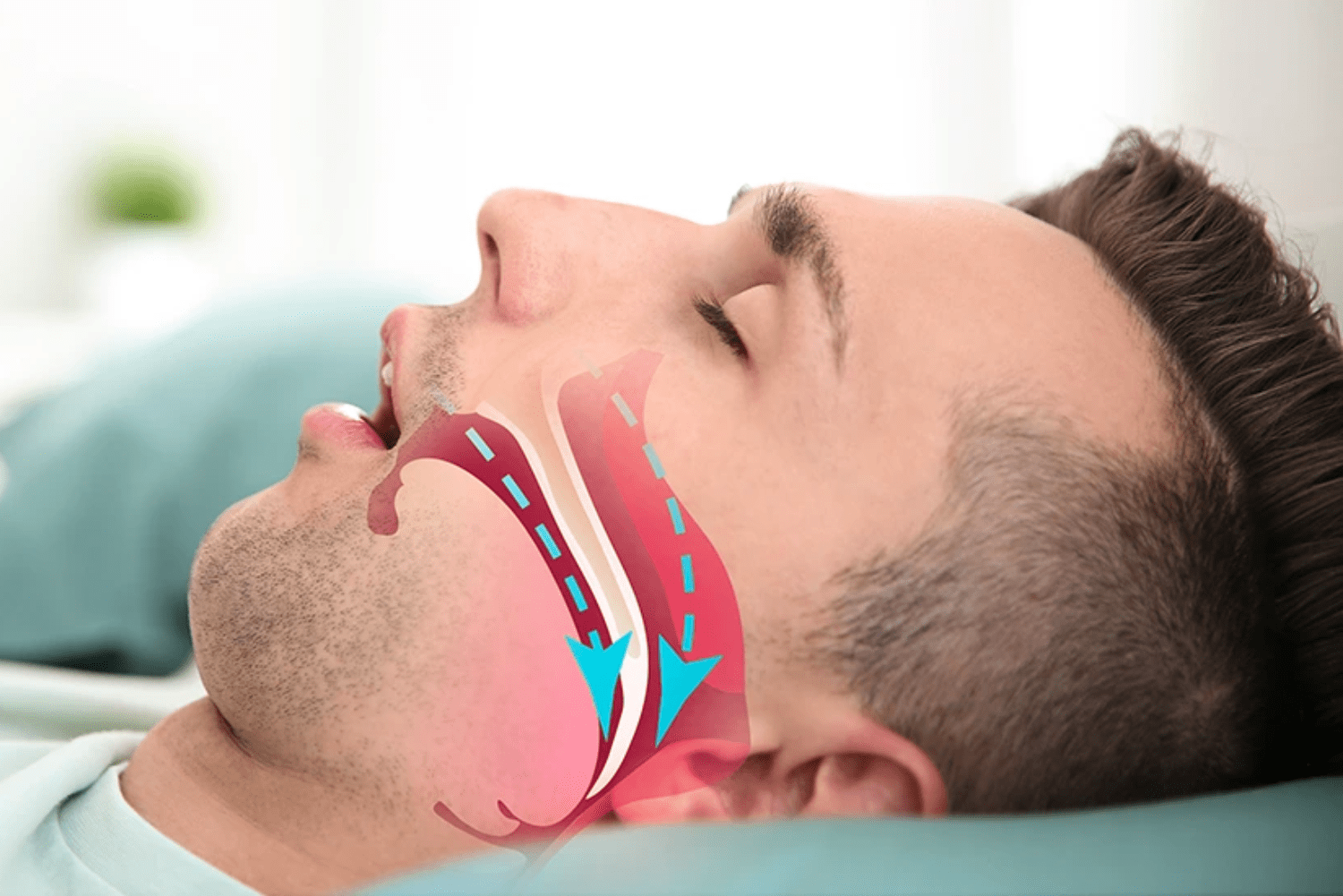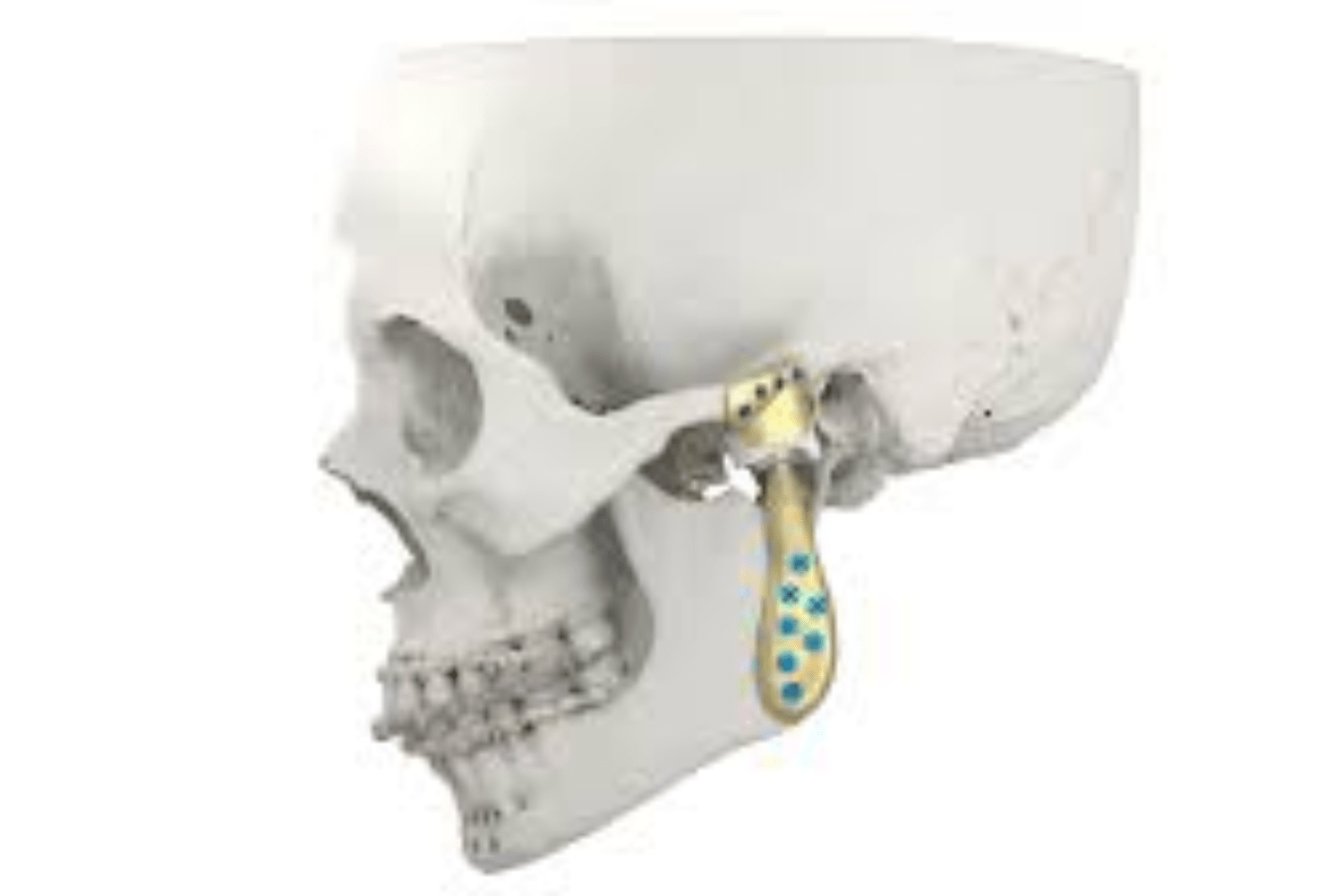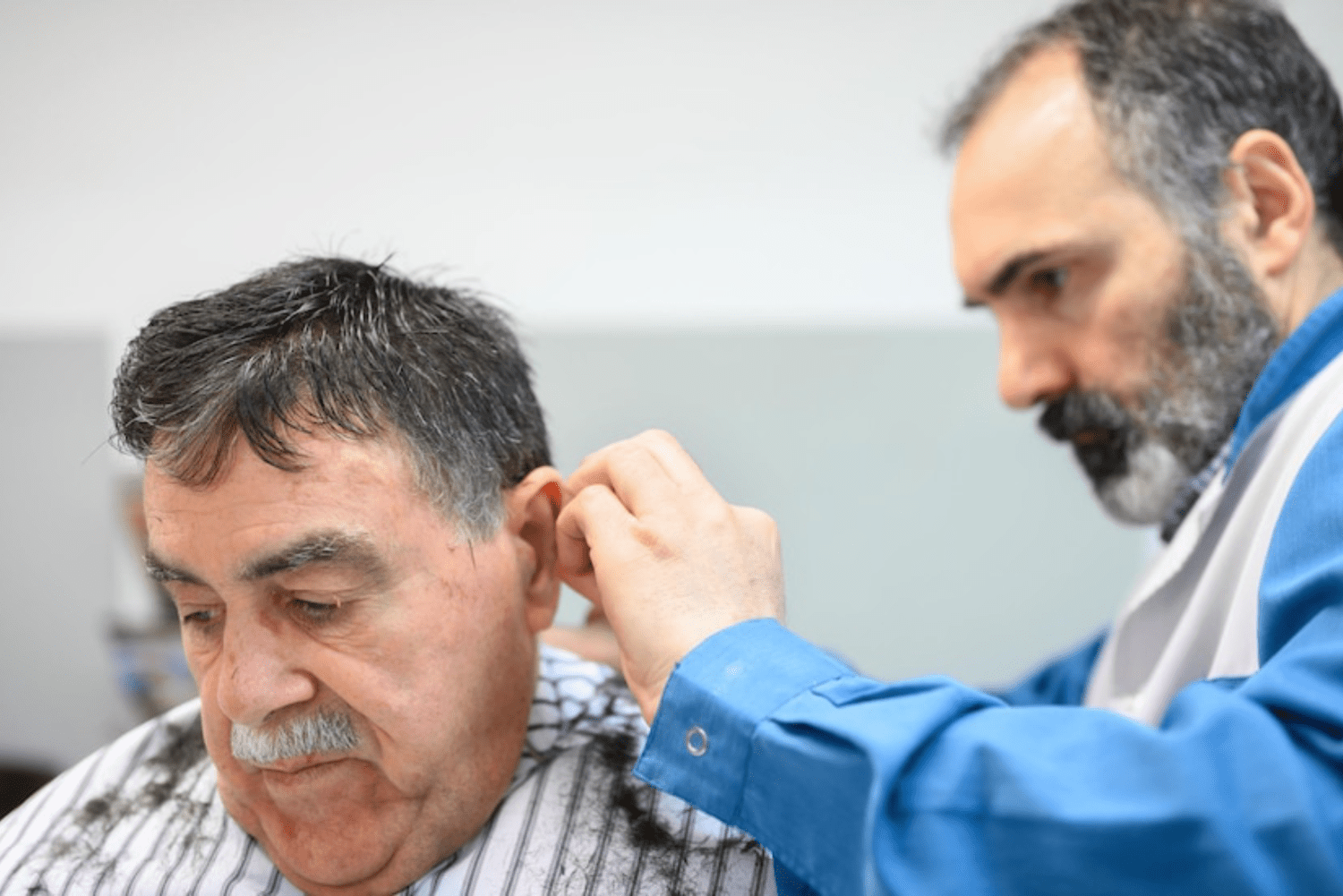What causes Ear Discharge?
Most cases, the ear discharges the earwax that might be seen as discharge. However, in some cases, with a ruptured eardrum or a perforated ear drum, it may cause discharge of blood or fluids from the middle ear. The underlying cause of this is an infection in the middle ear or mastoid bone. For effective treatment, trust Richardsons for the best ear discharge treatment in Bangalore.

What is Otitis Media (Middle ear infection)?
The ear can be divided briefly into three parts: the external, middle, and inner ear. Otitis media is the inflammation of the lining of the middle ear that causes recurrent otorrhoea (ear discharge) through a perforation in the ear. This could be treated with the best ear discharge treatment in Bangalore at Richardsons, and can be categorized as:
- Acute Otitis Media: Acute inflammation, lasting less than 3 weeks, usually caused by bacterial or viral infections with pus in the middle ear, may or may not be associated with a perforated eardrum.
- Otitis Media with Effusion: Without active inflammation, following partially treated otitis media, causing glue-like discharge from the ear.
- Chronic Otitis Media: Chronic inflammation lasting more than 4 weeks with a persistent eardrum perforation, with on-and-off ear discharge that doesn’t completely resolve.
- Mastoiditis: Acute inflammation of the mastoid bone (bone located behind the ear), causing ear pain and swelling behind the ear.
For the best ear discharge treatment in Bangalore, visit Richardsons for expert care and treatment.
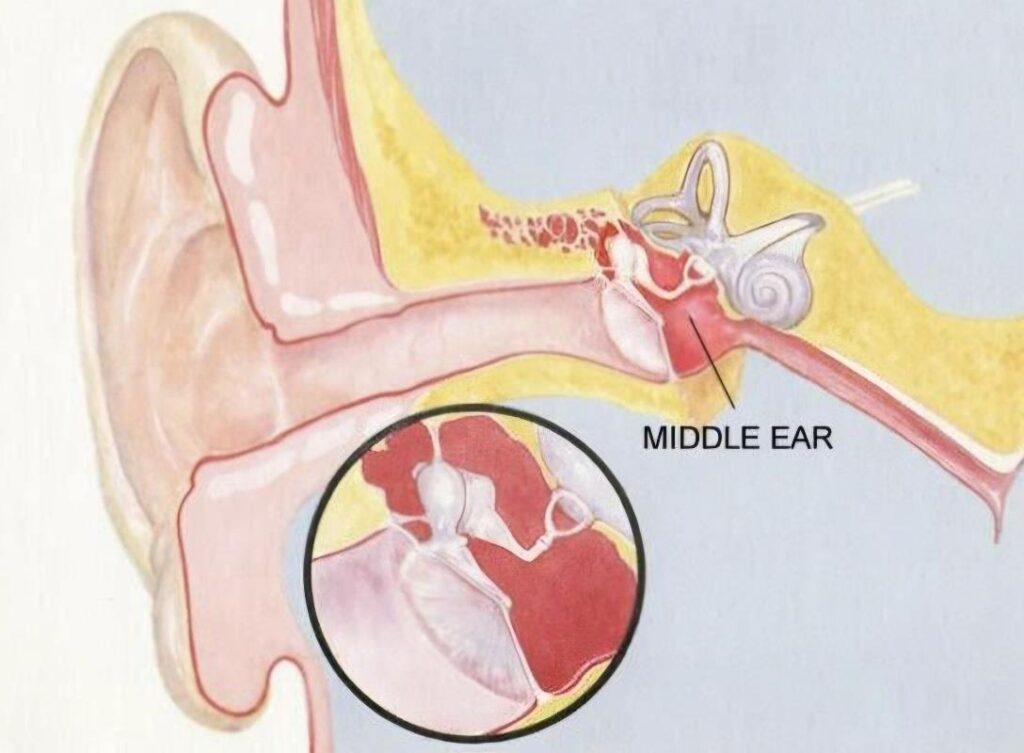
What are the symptoms?
The symptoms of otitis media and ear discharge include:
- Ear Discharge: Profuse or scanty; mucoid, mucopurulent, or watery; greenish, whitish, blood-tinged; foul-smelling or not.
- The ear discharge might not always be obvious. Sometimes it only wets the cotton when placed in the ear.
- Ear Blocked Sensation
- Hearing Impairment
- Red, Painful Tissue in the Ear Canal
- Ear Pain / Pain Behind the Ear
- Fever / Giddiness / Vomiting
- Headache
- Facial Weakness or Facial Palsy
For the best ear discharge treatment in Bangalore, contact Richardsons to receive expert care and treatment for your ear-related issues.

When to approach a doctor if I have ear discharge?
It is advisable to consult an ENT surgeon immediately if you have ear discharge, as it can cause complications if left untreated. At-home measures include avoiding head baths, swimming, and using ear buds.
Symptoms of complications that require immediate medical attention include:
- Unresolving headache or pain behind the ear
- Neck pain or neck stiffness
- Projectile vomiting
- Impaired consciousness
- Giddiness (sensation of spinning)
- High-grade fever
For the best ear discharge treatment in Bangalore, visit Richardsons to get expert care and prevent further complications.
What are the investigations that I have to do?
Once you approach your clinician, they might recommend one or more of the following investigations to confirm the diagnosis, chronicity, treatment plan, and prognosis:
- Ear Swab: The discharge from the ear may be sent for culture and gram stain under microscopy to identify the organism and determine the specific antibiotic of choice.
- Otoscope/Endoscopic Examination: Used to assess the status of the external ear and eardrum.
- Audiogram/Hearing Test: To assess the level and impairment of hearing, as well as the status of the ossicles (bones in the ear).
- CT Scan of the Temporal Bone: To identify the extent of infection, the nidus of infection, and any complications.
- MRI Scan: In select cases, when intracranial complications are suspected.
For the best ear discharge treatment in Bangalore, visit Richardsons for accurate diagnosis and advanced care.
How is it treated?
Depending on your underlying cause and disease extent, your clinician may advise:
- Oral/Intravenous Antibiotics: To treat the infection and prevent further complications.
- Topical Ear Drops: To treat local infections and provide relief to the ear.
- Analgesics and Antipyretics: To manage pain and reduce fever.
- Steroid Nasal Sprays: To reduce inflammation and promote healing.
For the best ear discharge treatment in Bangalore, visit Richardsons for a comprehensive and tailored treatment plan.
When do I need surgery?
The need for surgery depends on the disease progression and the severity of ear discharge. If the ear discharge is chronic and persists for more than 4 weeks, surgery may be required. The options include:
- Tympanoplasty: A procedure to repair a perforated eardrum.
- Grommet Insertion: For conditions like glue ear, a small ventilation tube is inserted into the ear to help with drainage.
- Mastoidectomy: A surgery to remove infected mastoid air cells and treat persistent ear discharge.
For the best ear discharge treatment in Bangalore, visit Richardsons for expert consultation and care.

How can I prevent/avoid ear discharge?
Ear discharge can result from bacterial, viral, or fungal infections of the middle ear or external ear. To prevent complications such as permanent hearing impairment or the spread of infection, it’s crucial to seek immediate treatment from an ENT doctor if you experience ear discharge.
Additionally, individuals with the following risk factors should take extra precautions:
- Uncontrolled Diabetes
- Smoking
- Immunocompromised status (due to chronic illnesses)
Avoid self-medication without a prescription and seek prompt medical care to prevent further complications.
For the best ear discharge treatment in Bangalore, visit Richardsons.
